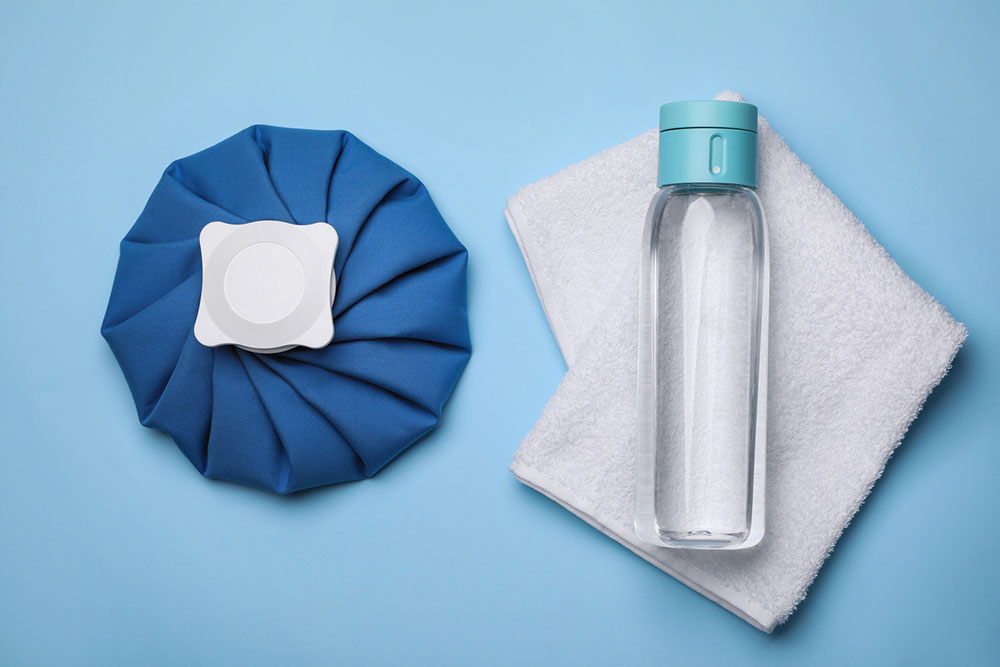6 foods to eat to manage schizophrenia

Schizophrenia is one of the most complex mental disorders. Individuals struggling with the condition often experience symptoms like delusional thinking, hallucinations, and social isolation. The condition significantly affects cognitive ability, leading to trouble perceiving emotions or controlling behavior. Patients need multidimensional support, including special care and dedicated treatment. Other remedies, such as eating a healthy meal plan, can help. For example, foods can determine one’s mood, so it’s important to know the most nourishing foods for schizophrenia. Here are a few foods that patients with schizophrenia can include in their meal plans: Lentils Lentils are reasonably priced food items that contain many nutrients, from protein and fiber to essential vitamins and antioxidants. These superfoods help boost the production of a brain chemical called serotonin, which regulates one’s mood and behavior. Apart from that, it also stabilizes one’s sugar levels and keeps one energetic. Broccoli Studies show that this cruciferous vegetable has high levels of antioxidants, sulforaphane, vitamins, folic acid, zinc, and fiber. People with schizophrenia may experience chemical imbalances in their brains, which sulforaphane-rich foods like broccoli can regulate. Whole grains People with schizophrenia struggle to satisfy their hunger and may not feel full even after meals. In addition, the patients may also see a hike in their body fat due to schizophrenia treatments.






